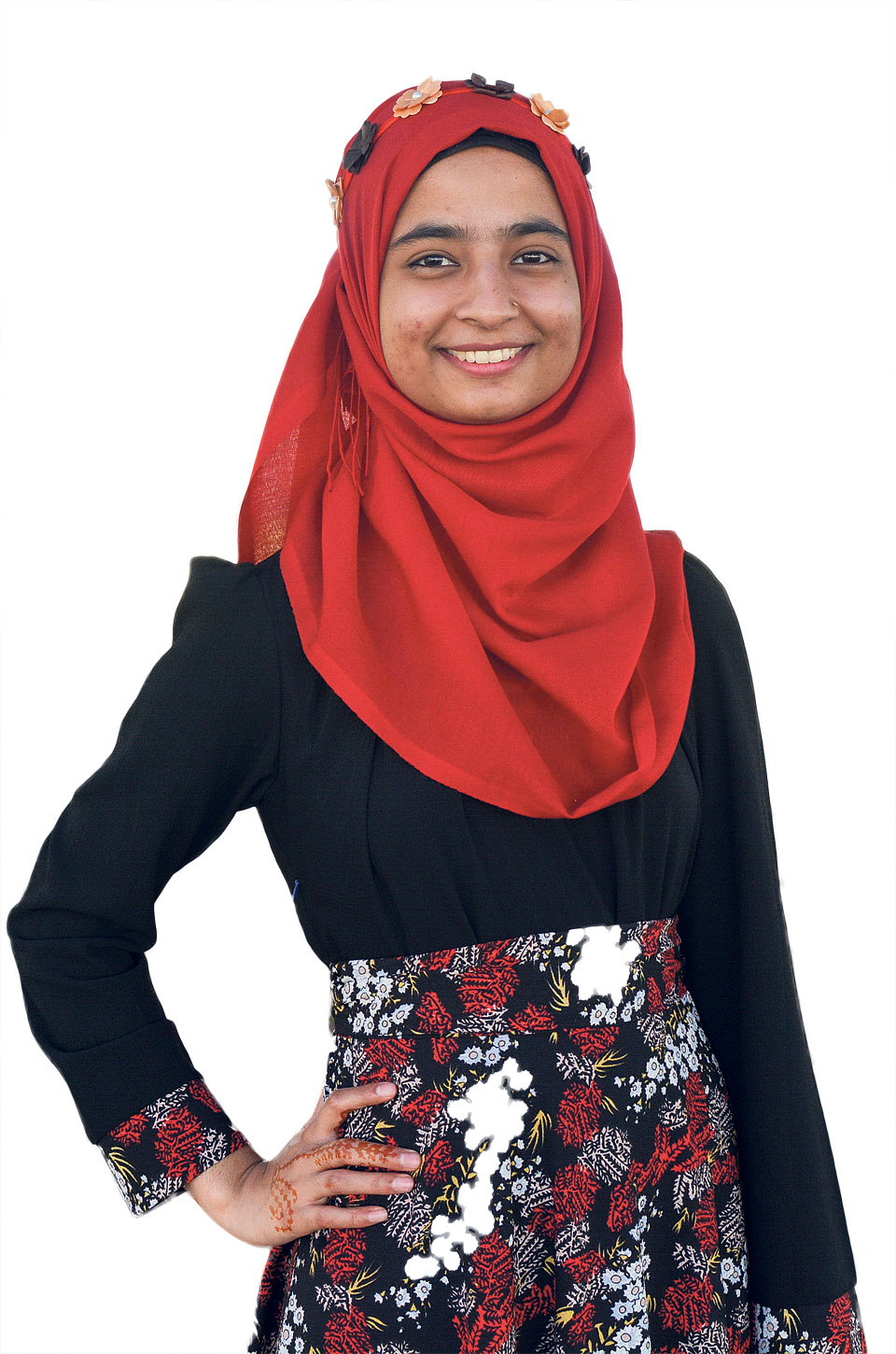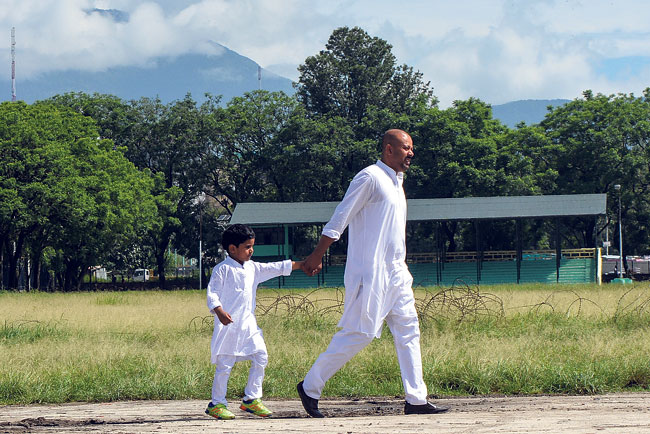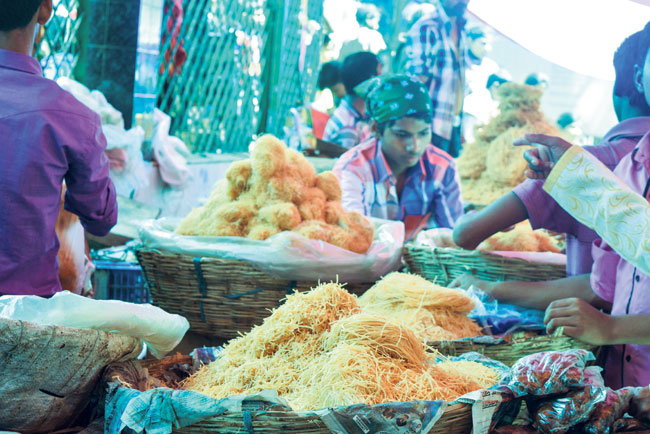Cross-border trade and tourism expo
6 years ago
The author is a Sociologist from Jawaharlal Nehru University and ‘Wine Feminists’ is a term she coined. Also, the opinion expressed is personal.

6 years ago

6 years ago

6 years ago

6 years ago

6 years ago

KATHMANDU: Eid-Ul-Fitr is an occasion where Muslims mark the end of their month-long fast Ramadan and come together to celebrate positivity, forgiveness and charity. To younger Muslims, it is also the time they get money in the name of Eidi, among other gifts, and enjoy different forms of delicacies.
For 30 days, Summaiya Muhammad, an undergraduate studying psychology, fasted during the day. This was a challenge, she said, which demanded much self-discipline. To accomplish this feat, she had to abstain from lying, gossiping, and indulging in negativity. During the month of Ramadan, she is charitable and forgives people. While she does not consider herself strictly religious, traditionalfasting is a practice to gain Taqwa:a state of being conscious and mindful of Allah. Eid-Ul-Fitrwhich began Sunday at sundown is a celebration of “spiritually awakening” completed during the month of Ramadan.

Summaiya, like many Muslims across Nepal, awoke on Eid-Ul-Fitr to practice the Sunnah Acts. Sunnah acts are oral records of the daily practices of the Prophet Muhammad and his companions. If these acts are engaged in during Eid-Ul-Fitr it is believed to bring one closer to Allah. As a part of the tradition, she woke early, cleaned herself and put on her best “available clothes” and Itr [i.e. perfume]. Her first stop on Monday was the Tudikhel which contains both a mosque and a public space Muslims can gather and pray. Before she can begin Namazit is mandatory for her to give Sadaqatul Fitras, a donation to the less fortunate. After the Namaz is over, she gathered with her relatives to exchange gifts. Summaiya hopes to enjoy different dishes of Vermicelli (Sewai), which although not strictly Islamic, has become an Eid-Ul-Fitr tradition in its own right.
Eid-Ul-Fitr is all about reading Namaz and getting together to appreciate the mercy of Allah, says Abdul Shamim, the president of Nepali Jama Masjid in Ghantaghar, Kathmandu. “Everyone finds a reason to come together, exchange hugs and gifts, forgetting all their bitter relationships and makes today special.” Although Islamic teaching preaches people to not hold onto their anger for more than three days, not everyone can strictly follow this precept. Eid-Ul-Fitr serves to remind everyone of the grace of tolerance and positivity, hence strengthening the bond of brotherhood within the Muslim community.

During the day of Eid-Ul-Fitr, donations are made on both individual and organizational level. Every individual, including an unborn fetus, is required to make a donation called Sadaqatul Fitr to the less fortunate. Sadaqatul Fitr is part of the spirit of Ramadan and is about helping economically disadvantaged Muslims, in the name of Allah. As one of the organizers in Tudikhel, Mohammad Akuil Ahmad mentioned that today is the day when Muslims makes sincere efforts to invite people of low income classto celebrate. Ahmad said, “We do not practice flashy and crowded celebrations. Instead, we invite people of all income and social class to praise Allah with us.”
What makes Eid special to young Muslims are the delicacies and gifts they feel entitled to after a month of following strict disciplinary guidelines.

Sewai is consumed extensively by Muslims during both Ramadan and Eid-Ul-Fitr. Sewai is prepared by roasting Vermicelli with ghee, sugar and a generous amount of dry fruits. There are a few different Sewai dishes, including Lachha Sewai, Dudh Sewai, Sheer Khurma and the aforementioned Kimami Sewai.
In many Islamic countries, the tradition of Eid-Ul-Fitr is practiced for three days. Since Nepal is not a Muslim majority, only the first day of Eid-Ul-Fitr is designated as public holiday.
Leave A Comment